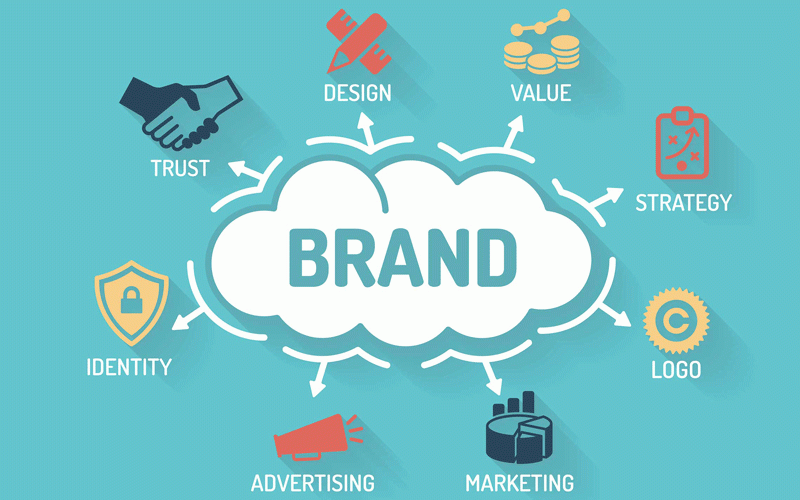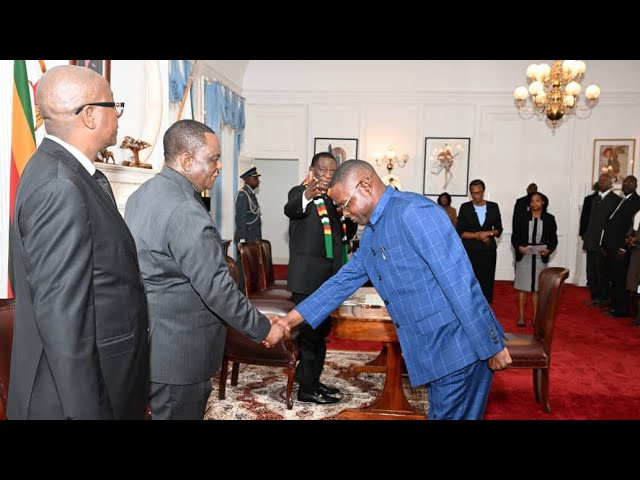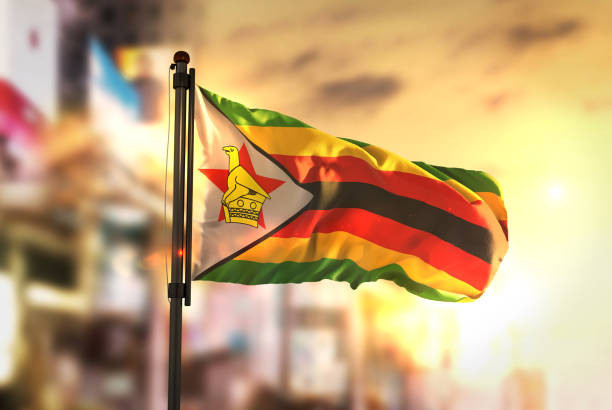
The people of the world are now living in a reality of perpetual unpredictability, especially having reached the zenith of this era with the Covid-19 pandemic. Which transformed entrepreneurial modelling for a progressive future.
At every turn of our existence as a people, we are stroked by one plaque or another — whether man-made or unleashed by the devil's incarnate forces. The global/continental/national economy is in convolution! Uncertainty is being driven by people (war) and, at times, by nature herself (pandemics and natural disasters).
This creates a very complex environment to do business in which both the local and global brands ought to deal with competitively (especially in trying to have our own home-made thriving above others).
The United States (US) War College in the 1990s gave birth to the term VUCA, which is the acronym for Volatility, Uncertainty, Complexity and Ambiguity to define an environment characterised by rapid change and uncertainty.
The Zimbabwean enterprising environment, for example is not immune from this complexity with the forces of change being driven by adjustments in policies at all levels up to the government.
Also highly informed by the Internet revolution that has come to re-define our collective existence. Survival of our entrepreneurial brands therefore depends on the ability to react/change with the speed. That is being able to adapt to the volatility and uncertainty born out of these brutal exigencies.
It is in this fluid environment that continental entrepreneurs ought to streamline the art of total marketing across the veins of their systems with agility as its bloodline.
The marketing philosophy should be highly complex than ever, given not only the broad VUCA environment but also the changing tastes of customers globally.
- Business opinion: Brand export
- Local authorities struggling
- Schweppes plans to expand solar facilities countrywide
- Chaplin Moyo spearheads corporate pastoral services
Keep Reading
Though change is a problematic and somewhat contradictory concept of life. It is more defined in the world of entrepreneurs as the customers are highly global in a localised context, hence expecting more from the small enterprises emerging out of the continent.
This presents a challenge to entrepreneurs as to how they remain true to their founding business and brand values in the face of such resurgent change.
The overarching challenge with change is that customers themselves are resistant to change as they are habitual creatures on one hand and highly anxious as change carries with its uncertainty.
Therefore, for example, companies like Coca-Cola and Unilever have sustained their products like Coke and Gaisha for more than a century with minimum changes to the brand architecture.
These contradictions are happening when customers’ expectations at a local, continental, and global scale have shifted significantly along the Alibaba or Amazon model of getting goods and services where and when they want them (re-configured distribution models/channels in the age of enterprising).
Research affirms that because of globalisation, customers easily get dissatisfied and have more avenues than ever for articulating this level of dissatisfaction, as a brand are losing their monopoly in shaping narratives and conversations through external communications.
There is therefore a need to realise that the impact of Covid-19 and other changes will play out on how the brands, especially those emerging from Africa and the region will position themselves for the future.
This is the challenge of living in the age of infinite change as it creates anxiety as the customers struggle in understanding what the next post-pandemic or natural or human-made disaster will look like.
Brands for the future in this context will reflect and reposition traditional values that are embedded in humanity. These brands will be highly positioned around family, community, society and relationships among others, as they are the pillars that anchor the existence of humanity itself.
The phraseology, Business Unusual (BU) was given prominence by President Thabo Mbeki of South Africa in his last State of the Nation Address (SONA) in 2008, as he attempted to position South Africa as an effective and speedy brand in its implementation of strategic policies and programmes.
Fifteen years after delivering the inspiring message to South Africa, this is a clarion call to the brands emerging from Africa to be agile in serving customers in the age of infinite change.
One should also realise that brand agility in the face of infinite change does not happen overnight.
But it is a smooth blend of strategy and the cultural climate that is founded on the business's unusual philosophy of tackling the vices of disruptive change when and wherever it happens. One can quickly point out the innovation that Ethiopia Air took in opting for being the first choice in cargo services when the whole world went on lockdown.
This was at a time when every brand was literally shutting down, yet the airliner was quick to be resurgent and positioned itself as the African Union's strategic partner in the movement of cargo within and without the continent.
The future of our SMEs should then consider innovation as the key. Thanks to Zimbabwe Higher and Tertiary Education drive towards Education 5.0 where incubation for innovation and industrialisation is reshaping the landscape.
In conclusion, there is need for our enterprising businesses to consult more in their area and keep ahead of time.
Remembering that people by brands not products/services yet performance of the branded offerings also influence purchasing decision.
We should then strike a balance as it is no longer business as usual in the VUCA environment.
As an entrepreneur, you must continually be aware of consumer trends and be receptive to ideas that originate in industries outside of traditional marketing.
It's a good idea to try out new things and take some risks right now. When required, don't be scared to consider revamping businesses and brands.
- Dr Farai Chigora is a businessman and academic. He is the head of Business Science at the Africa University’s College of Business, Peace, Leadership and Governance. His doctoral research focused on Business Administration (Destination Marketing and Branding Major, Ukzn, SA). He can be contacted for feedback at fariechigora@gmail.com, WhatsApp mobile: +263772886871.
- Dr Tabani Moyo is a doctor in Business Administration (Research focus on new media and corporate reputation management, UKZN), Chartered Marketer, Fellow CIM, Communications and Reputation Management expert based in Harare. He can be contacted at moyojz@gmail.com @TabaniMoyo (Twitter)










